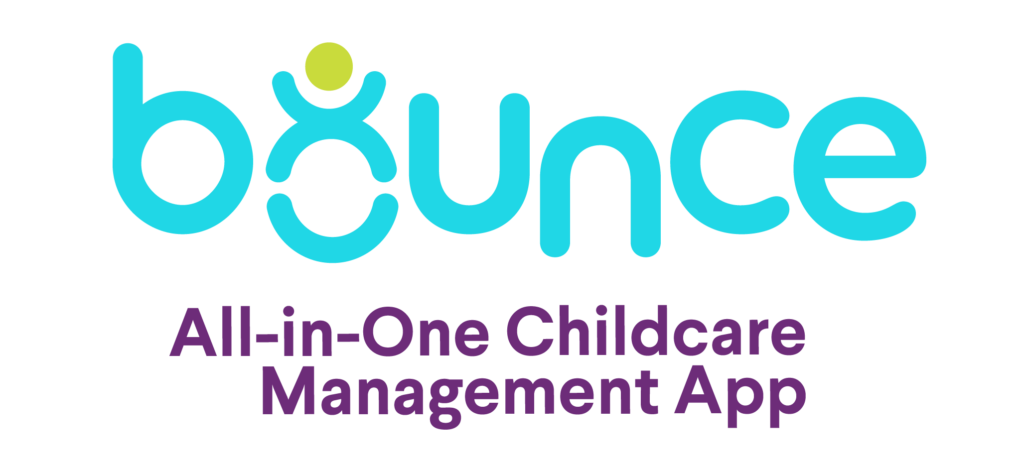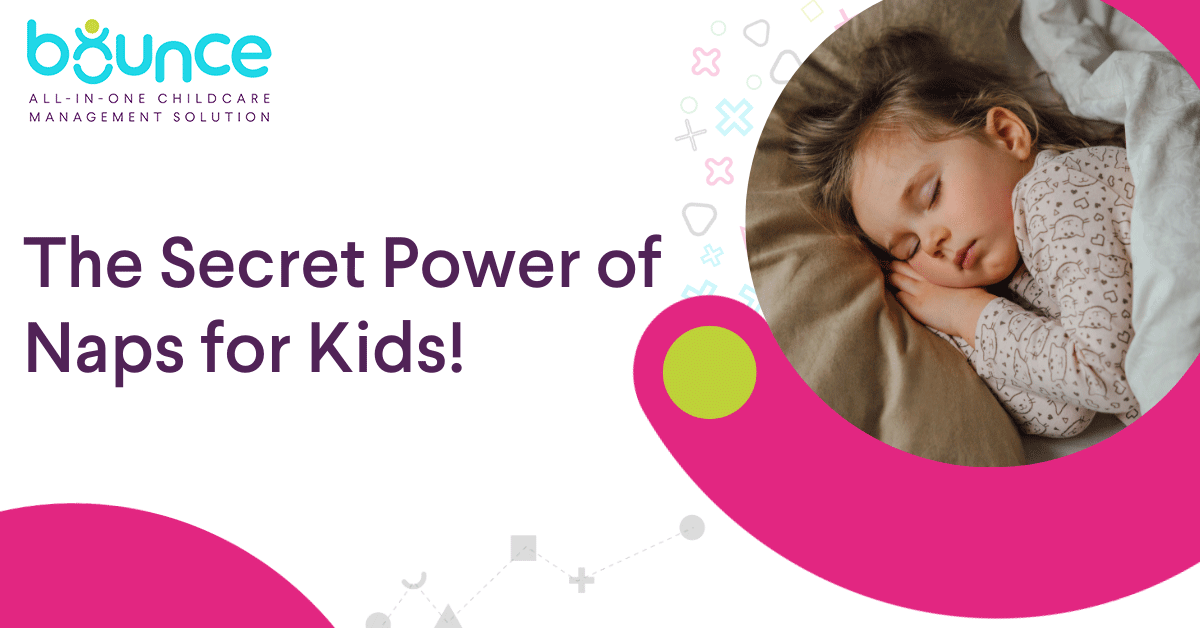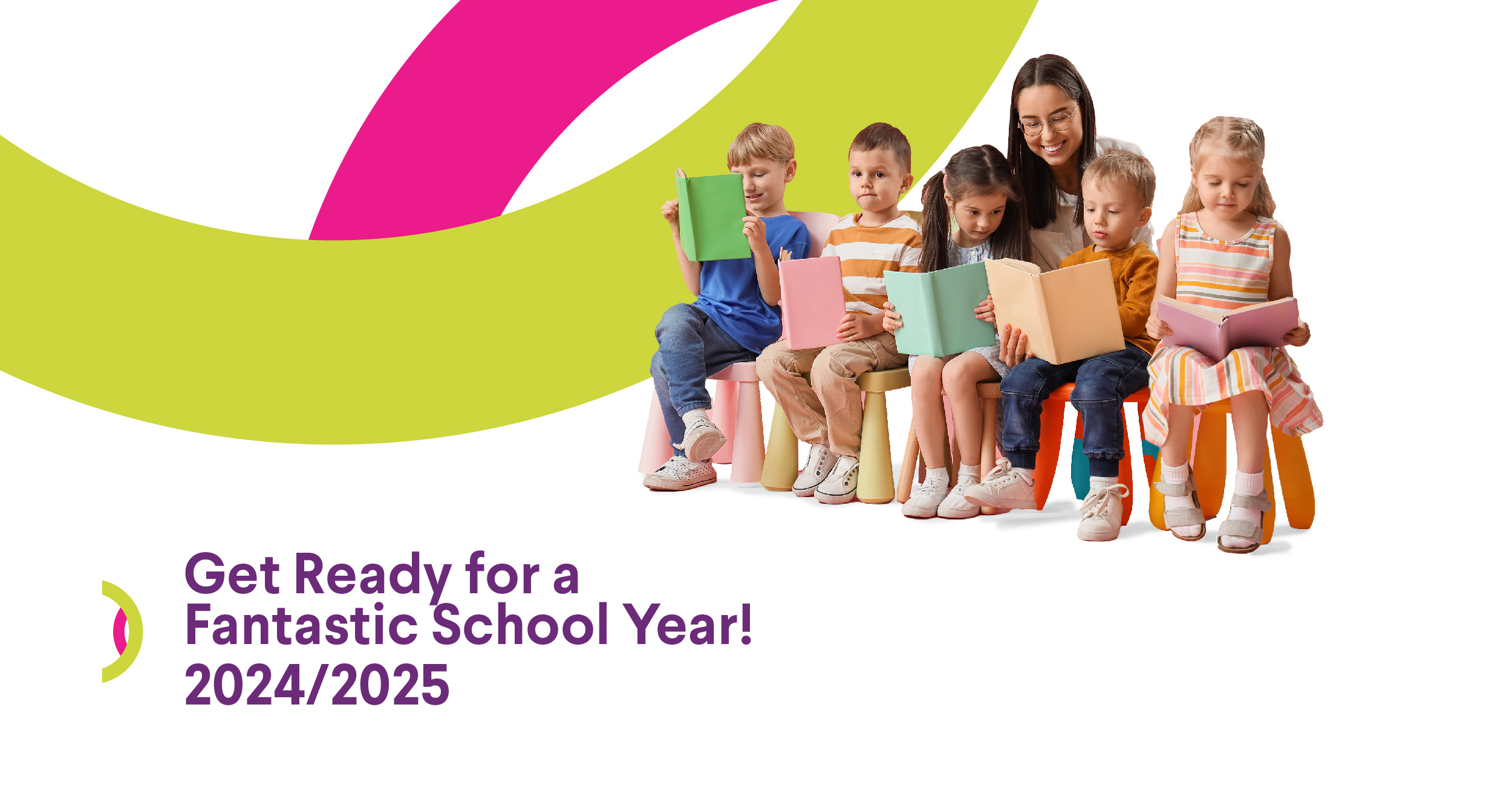Nursery rhymes and songs are fun, entertaining, and often silly ways to interact with your baby and child, but they are also powerful developmental tools! A child’s language development begins long before they are even born, and new-borns can recognize their mother and often other familiar voices at birth. Babies also quickly learn to recognize other familiar voices and, by four months old, will turn their heads to the sound of several beloved people.
Some new parents feel silly talking to a baby and may not understand the importance of talking to a baby or small child who can’t converse yet. However, the more you talk to your child, the more it advances their language, social, and cognitive development!
Studies show that any type of language exposure benefits babies and children, whether it is book reading, singing, talking, or nursery rhymes! So when you doubt what to say, recite a familiar tune like Twinkle, Twinkle or Hickory, Dickory Dock!
Language Development
As your child grows and approaches preschool age, they will begin to notice the patterns that occur in nursery rhymes and can anticipate what comes next. Most children can join in rhyming games and songs by age three and finish familiar rhymes. By the age of four, children can recognize which words rhyme when presented to them, and by five, they should be able to produce rhymes themselves.
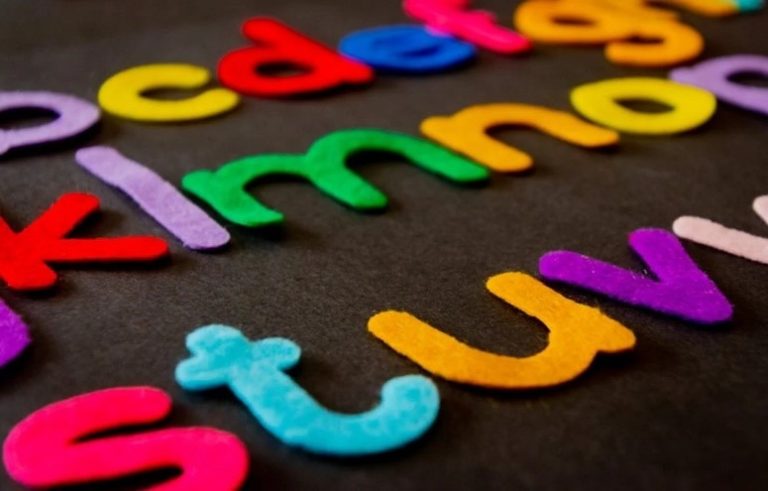
Recognizing, learning, and producing rhymes is essential to your child’s language development because it helps them understand how sounds work and to recognize familiar sounds. Rhymes also help children learn the rhythm and cadence of language and teach them how to use their voice expressively.
Some parents worry about the nonsense words their child creates as they are learning to rhyme, but actual words or not learning to recognize and produce rhyming sounds is beneficial. Plus, making up silly, nonsense words is fun, and children are more likely to learn when engaged in fun activities that are meaningful to them!
Reading & Writing Development
Another benefit of nursery rhymes is that they tell little stories, which help build reading, story comprehension, and writing skills!
Research points to a strong correlation between understanding rhyming and learning to read. Good rhymers usually turn into solid readers, but don’t be dismayed if they can’t rhyme or read yet. Your little ones won’t be ready to read or produce rhymes until they are five or even six, but the more experience they have with rhyming and nursery rhymes, the more prepared they’ll be for reading.

In addition to reciting nursery rhymes, read stories to your child that include rhyming phrases. Children love repeating nursery rhymes and stories repeatedly, and while this may seem tedious to you, repeated recitations are incredibly beneficial to your child’s language development.
Rhyming also sets the groundwork for writing as they begin to notice words and sounds have similar letters when written.
Cognitive Development
Your child’s brain builds important synapses and connections by recognizing patterns and sounds. For example, rhyming, recognizing, and remembering familiar rhymes build memory, inference, and even mathematical skills through counting, sequencing, and numbers; many nursery rhymes also mention weight and size.
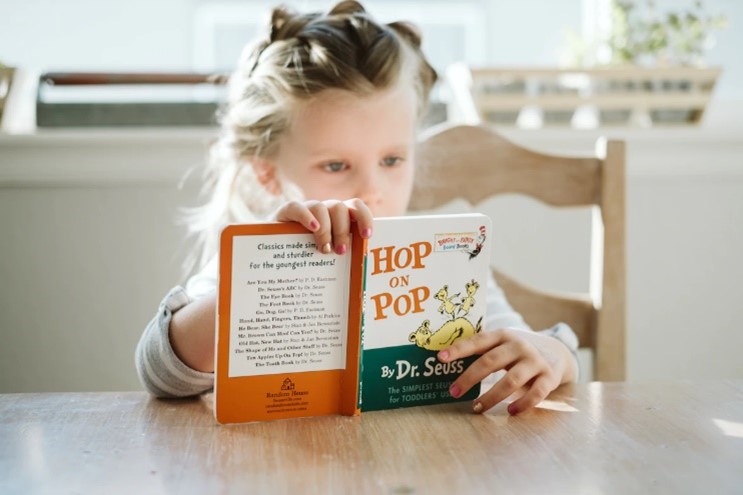
In addition, rhymes create mental pictures which ignite your child’s imagination! The creative process is essential in creating solid cognitive development, deciphering real from make-believe, and it helps children make sense of the world around them.
There’s no doubt that rhyming and nursery rhymes should be a part of your child’s development. The language and cognitive skills, rhyming enhances are essential to your little one’s overall brain development, not to mention rhyming is entertaining to children! So, if you’re unfamiliar with many nursery rhymes or songs, pick up a book from your local bookstore or library and start engaging your pre-schooler in some rhyming fun!





